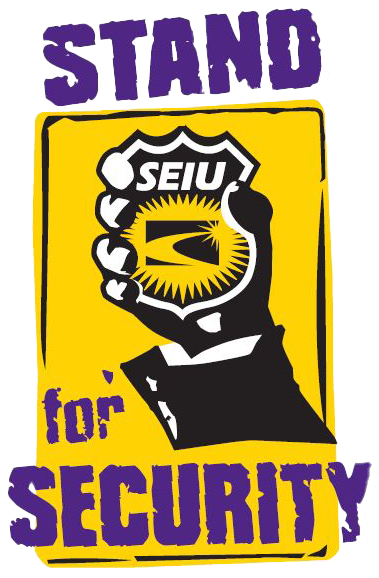When considering three different security officers, one stationed at a federal government building, one at a chemical waste plant and another at a corporate office park, we expect that each officer received additional unique training for their particular worksite. But more often than not, security officers are not given the specialized training they need to adequately protect the public in their individual jobs.
A recent article in Security Director News brings these issues to the forefront. Kevin Lee, a former security officer and Marine, urges security companies to train their officers for specific job sites, and not just rely on experience or legal training requirements.
Lee argues that while many security officers receive basic training, the legal minimum requirements for training are not enough to safely and adequately serve their clients. Officers need to know internal policies set by the client company, receive specialized training for the industry of their client, and know what to do or who to contact in an emergency situation not otherwise covered in their regular training or manual.
"Especially if an officer is stationed at a factory, industrial plant, chemical warehouse, or petroleum refinery, it will be imperative (and probably mandated by the Occupational Safety and Health Agency) for them to receive some type of awareness training," Lee writes. "In these locations, an officer will need to know what the client company's standard operating procedure states, and know how to read a material safety data sheet and know who to call."
Furthermore, security officers need to be aware of the local, state and federal laws that apply to their worksite, and be aware of protocols that may apply to government-owned or public property. "Any non-compliance in these matters could not only cause the client to be fined, but the security company as well," Lee writes.
Some of these points may seem obvious. But unfortunately in the private security sector, many officers report that they don't receive training or their training is minimal. Sadly, half of all US states lack any requirement for training for all security officers, and there is little to no distinction in training regulations for various industries.
"As all training is the responsibility of the leaders," Lee says, "whether it is supervisors or managers, many of them do not think additional training is necessary and many choose to stay within company guidelines or government laws."
Because training laws are simply not strong enough, it is the responsibility of the security contractor to take extra measures to ensure that officers are as best trained as possible for their jobs. Lee reminds us that a happy client will be more likely to renew their contract.
But it is important to also note that better training can result in officers who are more confident and productive in their jobs, and reduce expensive turnover that can put the public's safety at risk. Security officers are aware of this - and it's exactly why officers across the country have been working toward stronger standards in the security industry.
